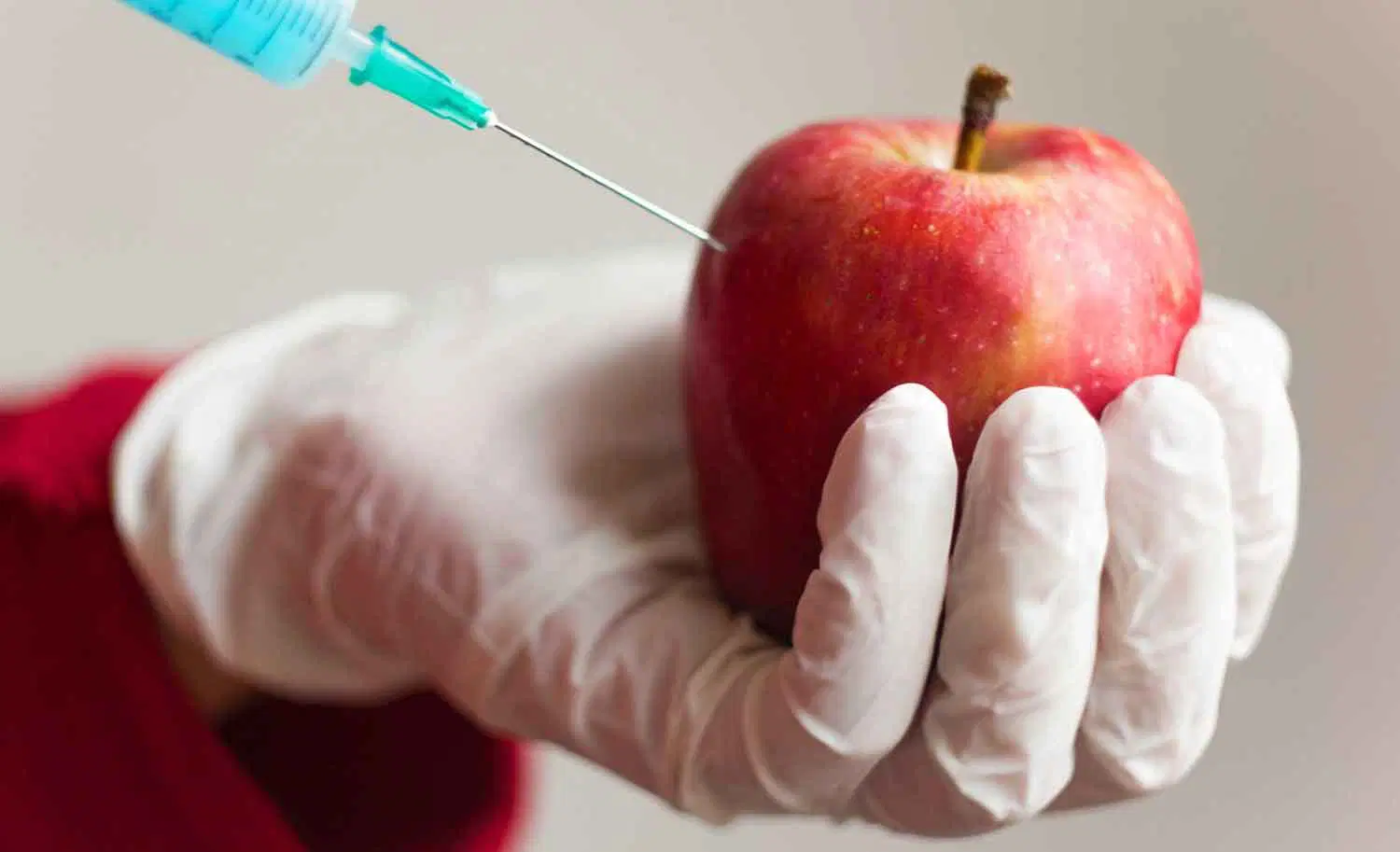In a future where our food lacks essential nutrients and poses unforeseen health risks, genetically modified (GM) seeds have quietly infiltrated our food system, raising concerns about their long-term effects on human health and the environment.
Promoted as a solution for higher yields and pest resistance, these seeds demand critical examination to uncover their hidden dangers and protect both our well-being and the planet.
Many people believe that GMOs are beneficial for the environment and necessary to feed the world’s growing population, but at what cost? The perceived benefits of genetically modified seeds may not outweigh the risks they pose.
Contrary to popular belief, these seeds have adverse effects on the environment, society, and potentially human health, underscoring the need for thorough evaluation and regulation.
Despite their novelty, GMOs are not strictly regulated in the U.S., where 90% of all cotton, soybeans, and corn are derived from genetically modified seeds. This widespread adoption has occurred with little public scrutiny.
READ ALSO: Documentary – The GMO Attack on Health Part 2
In contrast, GMOs are banned in 26 countries, including the European Union, reflecting global concerns over their safety. The lack of long-term research on the effects of GMOs is alarming, especially given their prevalence in our daily diet.
“We are poisoning the land; we are poisoning the animals and I truly believe we are poisoning ourselves,” warns Jane Goodall, highlighting the urgent need to address the impact of GMOs.
Created by Monsanto, a corporation also known for producing Roundup weed killer, these seeds were introduced under the guise of increasing food security.
However, most GM crops, such as feed corn, soybeans, cotton, and canola, are not used to alleviate world hunger but rather serve wealthier countries by fattening animals, producing biofuels, and making cheap clothing.
If GMOs were truly meant to feed the world, they would focus on staple foods like rice, wheat, grains, fruits, and vegetables.
The introduction of GM seeds to India in the late 1990s offers a cautionary tale. Manipulated by promises of better yields and profits, uneducated farmers switched to expensive GM seeds, only to find themselves trapped in debt and unable to revert to traditional seeds due to soil degradation.
This crisis has led to numerous farmer suicides, a tragic consequence of corporate exploitation.
GM seeds also pose a threat to insects. While the crops themselves may not harm insects like the monarch butterfly and honeybees, their resistance to pesticides results in heavier pesticide use, which is detrimental to these pollinators.
The decline of monarch butterflies and honeybees can be linked to the widespread use of glyphosate-tolerant GM crops, which destroy vital food sources for these insects.
Livestock fed on GM crops, primarily soy and corn, suffer health consequences that extend to humans. Cows and chickens, which are not naturally suited to a diet of corn and soy, become sick and, in turn, pass these health issues onto humans through the food chain.
READ ALSO: Group decries adverse effect of GMOs on food security, hazards on people
Additionally, the intensive farming practices associated with GM crops contribute to environmental degradation and climate change.
Human health concerns related to GMOs are particularly troubling. Studies on the effects of GMOs in mammals, such as a retracted study on mice fed only GMO corn, suggest serious health risks, including multiple system failures and cancerous tumors.
The lack of long-term studies on humans exacerbates these concerns, as does the potential for increased allergies and antibiotic-resistant bacteria.
While proponents argue that GMOs increase crop yields, improve food security, and enhance nutritional value, the long-term risks remain unknown. The potential benefits do not outweigh the documented harms to the environment, society, and health.
The history of asbestos, tobacco, and thalidomide serves as a stark reminder of the dangers of adopting new technologies without fully understanding their consequences.
As we navigate the complex landscape of food production, it is crucial to prioritize natural, sustainable practices over risky genetic modifications. Ongoing research, regulation, and informed decision-making are essential to ensuring the safety of our food and the health of our planet.

 Entertainment5 days ago
Entertainment5 days ago
 Health1 week ago
Health1 week ago
 Health4 days ago
Health4 days ago
 Football1 week ago
Football1 week ago
 Football1 week ago
Football1 week ago
 Crime4 days ago
Crime4 days ago
 Education6 days ago
Education6 days ago
 Crime1 week ago
Crime1 week ago

